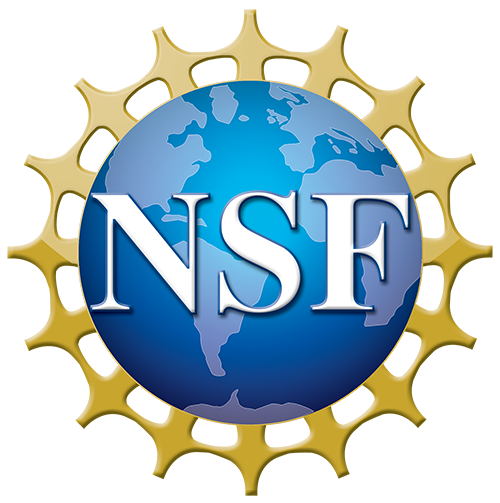GO-BGC utilizes autonomous robotic floats to measure temperature, salinity, pH, nitrate, chlorophyll, suspended particles, light, and derived parameters DIC, pCO2 and total alkalinity in the ocean from the surface to 2000m. These floats can operate continuously for years in all weather conditions, providing near real-time observations of ocean biogeochemistry and ecosystems throughout the world’s oceans. GO-BGC will deploy 500 autonomous floats in the world’s oceans between 2021 and 2026 as part of the OneArgo array. GO-BGC data are made freely available through our Data page and the Argo data system.
Floats deployed
Scheduled deployments
Data
Data from floats and ships, and tutorials on using the data
Deployment maps
Float array map and status table, current and future deployments
Adopt-A-Float
Partnering teachers with scientists to bring research into the classroom
Events
Upcoming events related to the GO-BGC project
Latest News
How are Scientists Keeping an Eye on Earth’s Oceans?
The ocean is very important to human wellbeing because it provides us with food, medicines, transportation, recreation, and homes for many marine (ocean) species. To study the ocean, scientists must consistently collect data for many years. One important way to get this information is to go on ships to take measurements. But there are places that are difficult for ships to get to, such as the Arctic and the Antarctic, and seasons that make travel impossible. To collect measurements from Earth’s oceans in all seasons and many more places than ships usually go, scientists invented Argo robots.
Robots monitor the deep sea
GO-BGC's sister program Deep Argo in the spotlight. In a recent NBC Bay Area news report "Underwater robots tracking climate change", GO-BGC and Argo's Sarah Purkey from Scripps Institute of Oceanography (SIO) talks about Deep Argo robots that track climate change in...
Congrats to Dr. Talley
Dr. Lynne Talley was elected to membership in the National Academy of Sciences in recognition of her distinguished and continuing achievements in original research.
Revolutionizing our understanding of the ocean

Scientists at the Monterey Bay Aquarium Research Institute, the University of Washington, Scripps Institution of Oceanography, Woods Hole Oceanographic Institution, and Princeton University will use this grant to build and deploy 500 robotic ocean-monitoring floats around the globe as part of NSF’s Mid-scale Research Infrastructure-2 program


